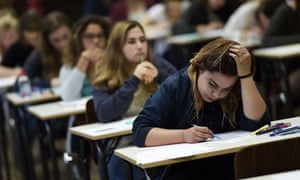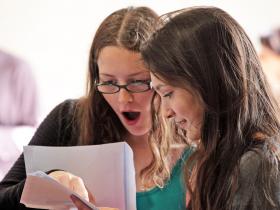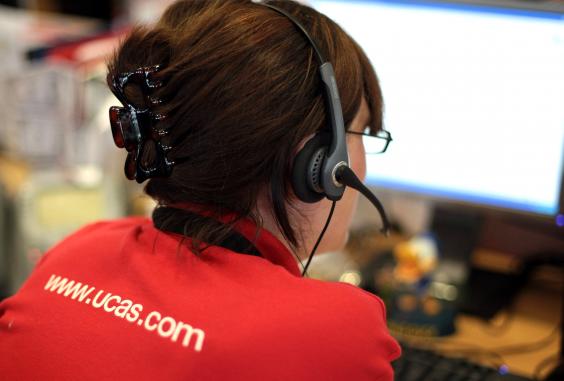Lucy Kellaway in The FT
Last Monday a primary school headteacher took to Twitter and declared that Ofsted inspectors, who were due the next day, would not be let in. She invited teachers everywhere to join a protest in solidarity with Ruth Perry, the primary head who recently took her own life — her family attribute it to an Ofsted inspection that downgraded her school from outstanding to inadequate.
Though the mass protest was called off and the inspectors duly admitted, the verdict online was damning and unanimous. End inspections! End Ofsted! — everything teachers are angry about seems to be crystallised in the tragic death.
That morning I was in the cinema at a local shopping centre with my A-level students for a spot of business studies revision. On the screen was a question. Which was the odd one out: a) salary b) working conditions c) supervision or d) meaningful work?
Most went for meaningful work, recognising that the others were “hygiene factors”, identified by the American psychologist Frederick Herzberg as basic requirements which, if inadequate, demotivate us and make us want to quit. Meaningful work, by contrast, is a motivator — it makes us try harder.
So here we were: my colleague and I surrounded by teenagers in leggings and hoodies on a happy, productive day out, living proof of that motivator. Like every teacher I’ve ever met, we enjoy being with our charges (most of them, most of the time). We think helping them learn is as meaningful as a job can be.
Yet the profession is in a sorry state. According to new figures from the NFER research body, recruitment is at least 20 per cent below target in many subjects, with vacancies running at twice pre-Covid levels. Worse, almost half of existing teachers are planning an exit within five years.
The hygiene factors are all worsening simultaneously. Cuts in real pay and impossible workloads have brought teachers out on strike. Budget cuts in other services have left vulnerable children all but unsupported, turning us into de facto social workers. This inspection crisis seems like the last straw.
On joining the profession I was taught to fear Ofsted. In previous schools I filled in endless curriculum spreadsheets in precisely the way the inspectorate is believed to favour — no opposition brooked — and watched supervisors trudge home every weekend to complete “Ofsted-ready” folders. I’ve lived through “mocksteds” — expensive, stressful and even more vicious than the real thing — designed to reassure stressed-out school leaders that they are prepared.
In my current school, that call came not so long ago: Ofsted inspectors were on their way. At lunchtime one of my sixth-formers asked why her teachers were acting so oddly. Because we feel our jobs are on the line, I wanted to say. Because if we get the same treatment as Ms Perry, it will be a disaster for the school. Because we feel judged, on the back foot and exhausted — but are trying our best.
I daresay I was acting pretty peculiar as the inspector stationed himself at the back of my class and started taking notes in an unnervingly deadpan fashion. In the end, it was without mishap. The process felt professional, the questions reasonable and the feedback fair. With hindsight, it strikes me the fear and loathing stems less from the inspection itself, than from the nonsense of summarising a complex school in a single grade — with so much at stake.
Creating intense competition between schools may (or may not) have raised standards for students. But in many schools it has made life grim for teachers, especially senior ones. Schools bust a gut to have the best Ofsted grades and top the league tables, but those that make it can be unbearable places to work: hierarchical, workaholic factories.
In these feted schools, where students get dazzling exam results, the teachers who quit are often not the worst, but the best. The more they are promoted, the more they are in the line of fire. A brilliant young teacher I trained with said recently that she envied me — not because of my inimitable teaching style, but because of my steadfast position on the bottom rung of the career ladder. I’m too junior to be much affected by Ofsted or bear responsibility for things outside my control. I am not entirely dependent on my teaching salary so can afford to resist the pay rise that comes with promotion. I’m largely immune from the hygiene factors — and left free to enjoy teaching average rate of return to my Year 11s.
Changing hygiene factors is hard. The government is not fond of finding extra money. Reducing workload isn’t easy either. But sweeping away the Ofsted grades would allow teachers to remind themselves why they joined the profession: for the sake of their wonderful (and maddening) students, not a badge that says “outstanding”.










